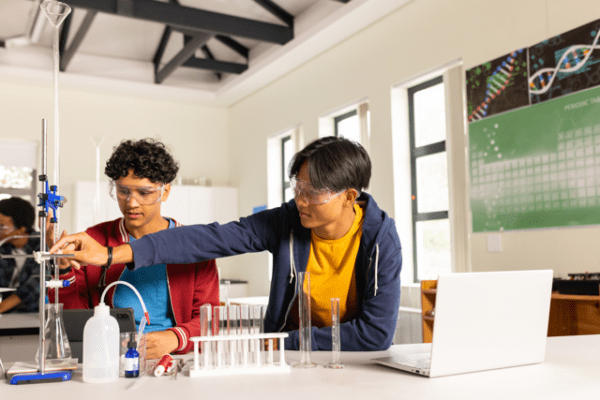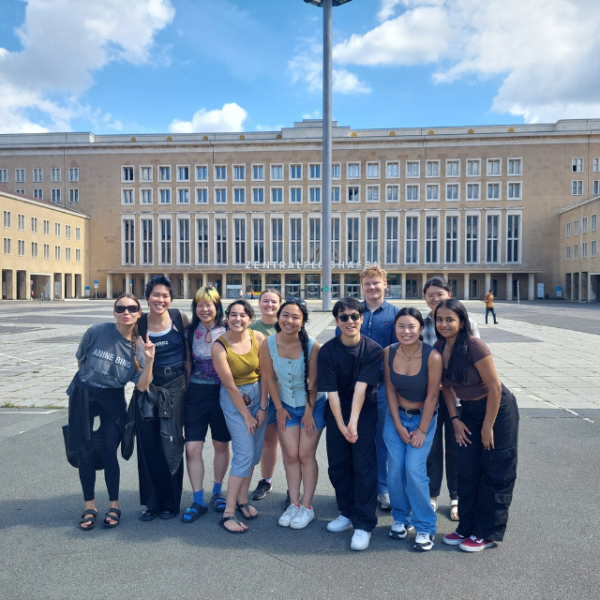
Antwerp, Belgium
Inter- and Transdisciplinary Research
When:
18 August - 22 August 2025
Credits:
3 EC
Read more
Social Sciences
When:
23 June - 27 June 2025
School:
University of Groningen Summer Schools
Institution:
University of Groningen
City:
Country:
Language:
English
Credits:
7 EC
Fee:
250 EUR

“Things that Matter” addresses the tension between the materiality of sources and their digitization. The Summer School maps the possibilities and challenges posed by the digital age for researchers, curators and the public. We discuss the changing nature of objects such as books and scientific instruments as source materials – what distinguishes an original from its digital copy and does it matter? What challenges are involved in the practice of collections and collecting through digitization, both technologically, environmentally and intellectually? How do virtual collections and exhibitions influence user experiences and expectations? What collections are digitized and why those? Who makes the selections? How do we meet scientific demands on systematic design and transparency when working on online search engines and on differing (and sometimes incompatible) designs of databases?
The Summer School brings together experts from both academia and the cultural heritage sector. Over the course of one week of intensive teaching, they will deliver lectures, lead seminars and hands-on sessions in libraries and museums, and supervise student-led projects and presentations.
Prof. Raingard Esser (University of Groningen, Faculty of Arts)
This summer school is designed MA students and PhD students in History, Cultural Studies, Art History, Curatorial and Museum Studies and related disciplines, as well as Heritage Practitioners in GLAM (galleries, libraries, archives, museums) sector.
It is expected that the participants have a sufficient command of the English language to actively participate in the discussions and to present their own work in English .
After this course you will be able to:
1. critically evaluate the challenges of digitization for our understanding of historical objects and artefacts
2. understand and be able to apply the specific requirements and challenges of virtual exhibitions.
3. critically reflect on the politics of collection and collections in different national contexts.
Workload
Online course/International Classroom
Total number of hours: 60
1. Critical Reading: Prepare and assess key readings related to the subject “Things that Matter”. Students reflect in writing on required reading, identify 4 key questions guiding principles to be applied to the design of the virtual collection (task 2) (week 2, 30%, ca. reading, + writing = ca. 20 hrs ) ca. 1500 words.
2. The Virtual Exhibition: students design a virtual collection of materials specific to the host Library/University Museum. These collections will then be assessed for their relevance in the respective university context, thus sensitizing students to the different national agendas and the socio-political agents in charge of collecting, preserving and presenting objects. At the "virtual opening" of the exhibition, the students provide a handout, in which they reflect on their choice, its use for historical research, the ethics of collecting and the role of digitization in using or popularizing these objects (weeks 3-5, 70%, reading, collecting
+ discussing = ca. 40hrs).
International Summer School
Total number of hours: 140
Programme: Five days of teaching and learning activities over the course of one week (Monday-Friday). Typically, the Summer School will consist of lectures, hands-on sessions and student-led group work.
Tasks:
Active participation in all components of the Summer School: 140 hours
Components of the summer school:
1. Creative writing and reflection task: An Itinerary of an Object: a collaborative essay written by student groups during the week on the Itinerary of an object (2000-3000 words) and finalized for assessment (56 hours).
2. Presentation of research in progress on the itinerary accompanied by a brief hand- out: 14 hours.
3. Writing an essay in which the students critically discuss the themes of the Summer School in relation to their own research (3000-4000 words, 56 hours)
4. Write a SWOT analysis of the Summer School in which they reflect critically on their learning experience (750-1000 words, 14 hours)
Upon successful completion of the programme, the Summer School offers a Certificate of Attendance that mentions the (respective) workload. Students can apply for recognition of these credits to the relevant authorities in their home institutions, therefore the final decision on awarding credits is at the discretion of their home institutions. We will be happy to provide any necessary information that might be requested in addition to the certificate of attendance.
Fee
250 EUR, for external participants (meaning those not from consortium partners and ENLIGHT partners)
Fee
350 EUR, Tuition Fee for Heritage Practitioners
Participation is free for participants from consortium partners and ENLIGHT partners
When:
23 June - 27 June 2025
School:
University of Groningen Summer Schools
Institution:
University of Groningen
Language:
English
Credits:
7 EC

Antwerp, Belgium
When:
18 August - 22 August 2025
Credits:
3 EC
Read more

Amsterdam, Netherlands
When:
29 July - 08 August 2025
Credits:
0 EC
Read more

Berlin, Germany
When:
26 July - 23 August 2025
Credits:
6 EC
Read more